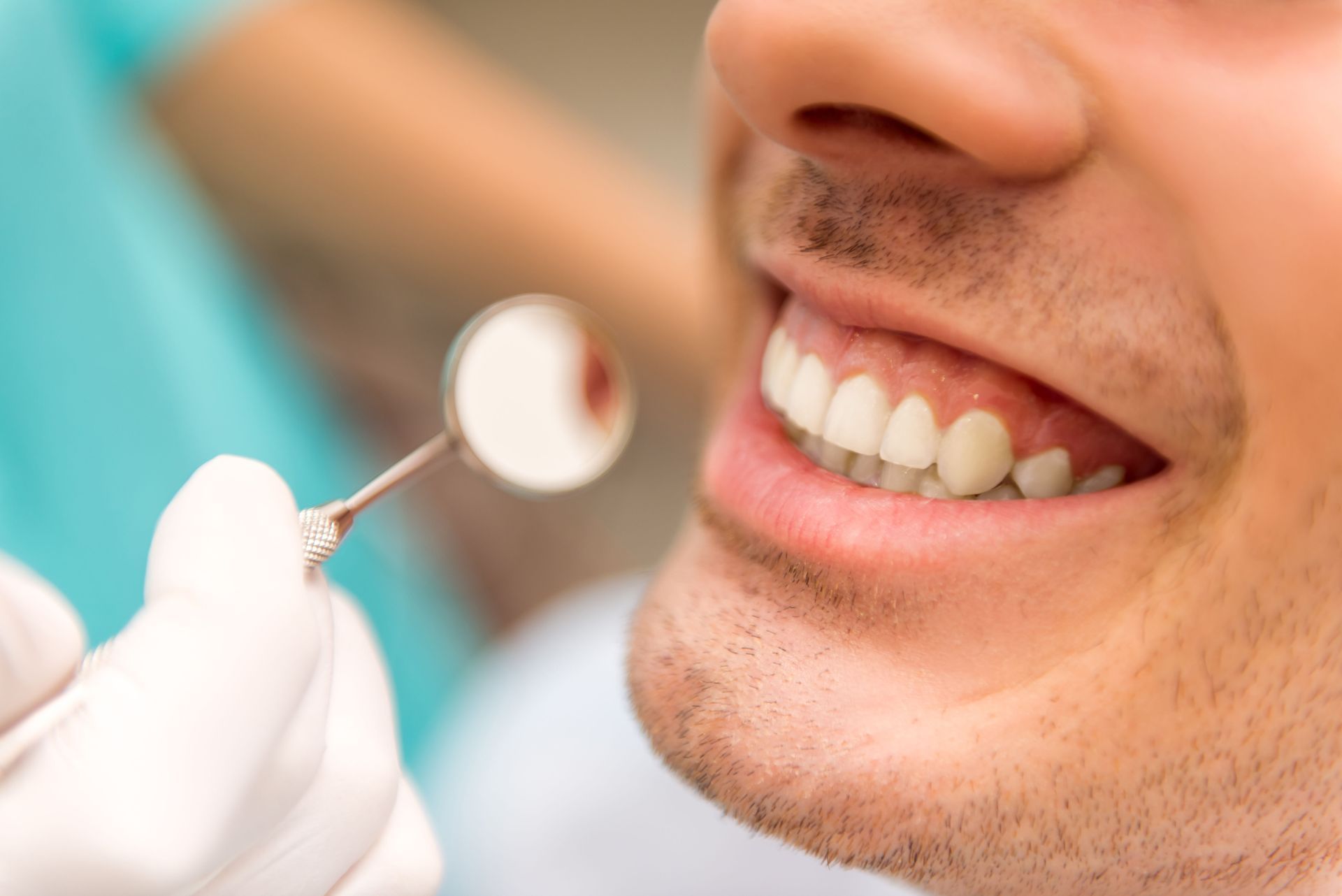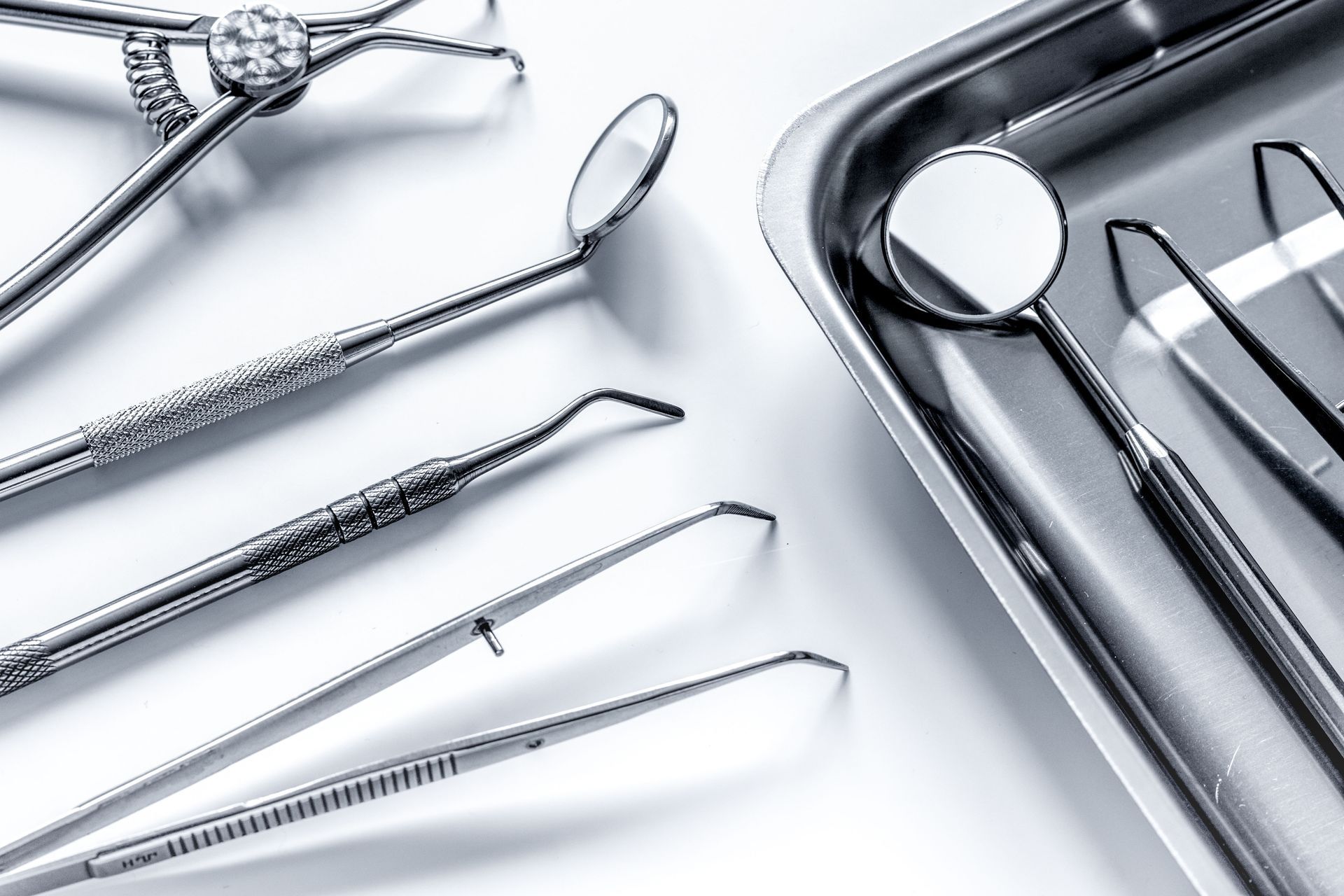Why Don't People Go To Dentists More Often?
Visiting the dentist is crucial for maintaining good oral health, yet many people avoid or postpone their dental appointments. Despite the well-documented benefits of regular check-ups, a significant portion of the population continues to skip them. Understanding why individuals resist visiting the dentist could illuminate ways to improve public health strategies. Let's explore some of the main reasons why many people don’t go to the dentist more often.
High Costs of Dental Care
A major deterrent to frequent dental visits is the cost. Dental care can be expensive, especially for those without insurance, and it is not uncommon for people to prioritize other financial responsibilities over preventive dental care. Even with insurance, the out-of-pocket expenses such as co-pays and treatments not covered by plans can add up quickly, making people think twice before making appointments. For some, the financial burden outweighs the perceived benefits of a dental check-up, leading them to postpone visits until absolutely necessary. This is especially true for individuals living paycheck to paycheck, who often view dental care as a luxury rather than a necessity.
Fear and Anxiety About Dental Visits
Anxiety and fear of the dentist is another significant barrier. Dental anxiety affects a wide range of people, from children to adults, making them avoid dentists completely or dread every visit. This fear can stem from a previous painful experience or fear of needles and other instruments. The apprehension of potential pain or discomfort is a powerful motivator to delay dental care. This, unfortunately, leads to deteriorating oral health, which in turn increases the likelihood of invasive procedures should they eventually visit. In some cases, this fear becomes a cycle—avoiding the dentist leads to worse problems, which then intensifies the fear of treatment.
Misconceptions About Preventive Care
Many people also have a misconception about the necessity of regular dental visits. They believe that as long as they brush and floss regularly, they do not need professional dental care, underestimating the role of professional preventative measures. According to FollowApp, 53% of the public have not had a routine dental check-up in the last year, reflecting a widespread undervaluing of regular dental care. Dentists provide more than just cleaning; they play a critical role in early detection of potentially serious issues, such as oral cancer, gum disease, and cavities that are not visible or treatable at home. Skipping visits could result in small issues growing into major dental or even systemic health problems.
Limited Access and Scheduling Challenges
A lack of access to dental services is another critical factor. For some communities, especially in rural or underserved areas, there are simply not enough dentists available. The logistical challenge of getting to appointments, compounded by limited availability and long wait times, can be discouraging. People with busy schedules or family responsibilities may find it challenging to fit a dental visit into their hectic routines. These accessibility issues force many to prioritize other immediate needs over preventive dental health. Additionally, transportation barriers or limited office hours can disproportionately affect those who work irregular hours or care for dependents.
Societal Stigma Around Dental Health
Lastly, there is a societal stigma surrounding oral health that discourages regular dental visits. Unlike regular visits to a general physician, dental visits are often viewed as non-essential, or only necessary when there's a problem. This perspective undervalues the importance of oral health and its connection to overall health. Changing societal attitudes about the importance of oral prevention and encouraging more open discussions about dental care could help shift this perception and encourage more proactive dental health practices. Normalizing routine dental care in schools, workplaces, and public health campaigns can help dismantle the stigma and foster better long-term habits.
There are several reasons why people don’t visit the dentist more often, including cost, fear, misconceptions, accessibility issues, and societal attitudes. A deeper understanding of these factors can guide efforts to make dental care more accessible, alleviate fears, and highlight the essential role of dentistry in overall health. Addressing these barriers is crucial for encouraging more people to prioritize their oral health and, ultimately, their general well-being. By doing so, we pave the way for healthier smiles and, metaphorically, healthier communities. Call Barrington Family & Cosmetic Dentistry today to speak to our dentists.






Share On: